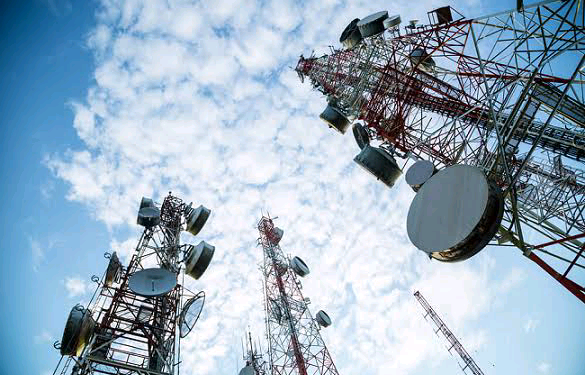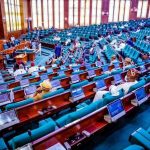The Association of Telecommunications Companies of Nigeria (ATCON) has firmly rejected the Federal Government’s proposal to reintroduce a 5% excise duty on the telecommunications sector, warning that this move could severely burden an already strained industry and lead to increased costs for consumers.
This proposal comes in the wake of President Bola Tinubu’s executive order on July 6, 2023, which suspended the previous 5% excise tax on telecom services. The suspension aimed to mitigate the negative impacts of rising taxes on both businesses and households, particularly as the economy struggles with inflation and other financial pressures.
However, recent discussions from the Presidential Tax Reform Committee in Abuja indicated that the new Nigeria Tax Bill 2024, currently pending approval from the National Assembly, includes provisions for reintroducing the excise duty on telecommunications, as well as other services like gaming, betting, and lotteries. According to the proposed bill, the excise amount would be based on the charges imposed by service providers, whether in cash or through alternative methods.
ATCON’s President, Tony Emoekpere, expressed deep concern regarding this policy shift, particularly given its potential impact on a sector vital to Nigeria’s digital economy. “The introduction of this new tax will likely lead to increased service costs for consumers while stifling growth in a sector that is already facing significant operational challenges,” he stated. Emoekpere emphasized that the timing of this proposal is particularly alarming as the industry is grappling with rising operational costs.
He further articulated that assurances had previously been given by the former Minister of Communications that the issue was settled and would not resurface. “It’s alarming to see it re-emerge now. The industry has been advocating for a tariff increase to manage operational costs, but now we face a price hike that offers no benefits to our sector,” Emoekpere added.
ATCON has stated its intention to engage with the Ministry of Communications to understand the rationale behind the sudden reintroduction of the excise duty proposal. Emoekpere asserted, “The previous minister successfully shelved this idea, so we are keen to learn why it is being revived and to advocate against its implementation.”
In addition to rejecting the excise duty, Emoekpere urged the Federal Government to prioritize support for the telecom sector, which is critical to the nation’s economic framework. He highlighted that the focus should be on alleviating high operational costs, particularly the reliance on diesel to power telecommunications infrastructure. “The recent liberalization of the foreign exchange market has driven diesel prices to unprecedented levels. The fluctuation in currency values directly impacts the cost of petroleum products, creating a financial strain on our operations,” he explained.
To address these challenges effectively, Emoekpere recommended that the government consider providing tax relief or incentives and promote local production of key telecom inputs. “If the government is unwilling to allow for tariff increases, they should at least offer tax breaks or support for local production. Additional excise duties will only worsen the challenges we face in an already strained industry,” he stressed.
ATCON’s rejection of the excise duty highlights the broader concerns within the telecommunications industry regarding government policy and its implications for economic growth. As the sector plays a crucial role in fostering innovation and driving digital transformation in Nigeria, stakeholders are calling for a more supportive regulatory environment that prioritizes growth and sustainability over additional tax burdens.
The telecom sector’s ongoing struggle against rising costs, regulatory challenges, and external economic pressures underscores the need for collaborative efforts between the government and industry stakeholders to foster an environment conducive to growth and innovation. Without such collaboration, the viability of the telecommunications industry and its contribution to Nigeria’s digital economy could be significantly jeopardized.










